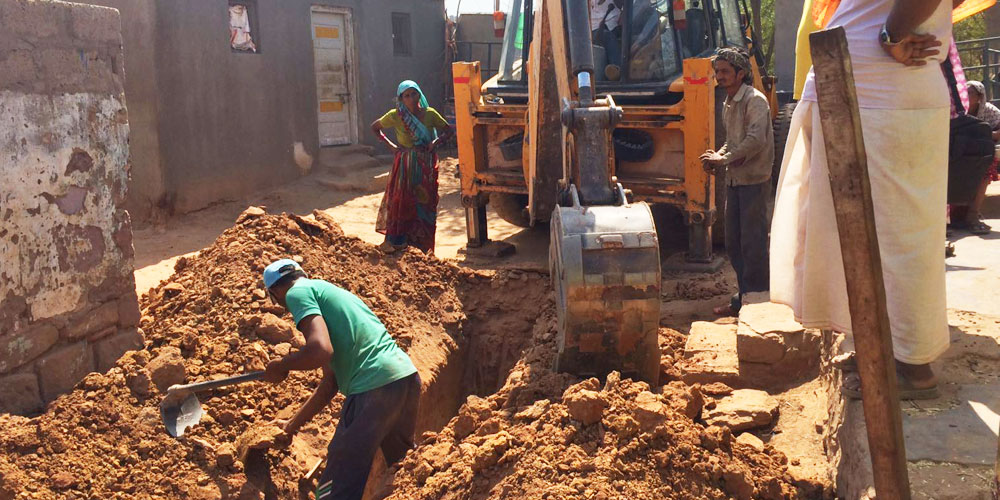The 74th Constitution Amendment Act is a landmark in the history of urban local government in the country to bring decentralization as a core principle of governance to ensure proximity between the citizens and local governance. The country realized that if decentralization is to be achieved in its true sense, there should be decentralization of funds, functions, and functionaries with greater accountability towards citizens. The constitutional status of municipalities enables them to function as an institution of local self-government. It aimed to make the government pro-people, to make the administration accountable to the people and to ensure people’s participation in planning and decision-making.
The Act provides for mandatory as well as discretionary provisions which were to be adopted compulsorily throughout the country. Despite a uniform structural framework having been enunciated by the 74th Constitution Amendment Act (CAA) urban governance is not uniform all over the country. The regional socio-political economic situations differentiate local grass root governance pattern and diversity characterizes uniformity.
Section 243S of the Act provides for setting-up Ward Committees to ensure citizen participation in decision-making and to bring the governance and citizens together. As part of the Act, every city with a population more than 3 lakhs should constitute ward committees, are expected to address local problems by participating in planning, financial and administrative functions having a direct bearing on the related wards. The Act empowers the States not only to set upward committees but also to decide on the powers, functions, and finances to be delegated to them. This gives freedom to the States to draft their own legislation.
Later on, Model Nagar Raj Bill was introduced by Ministry of Urban Development (MoUD) under Jawahar Lal Nehru Urban Renewal Mission (JNNURM) programme which required States to enact Community Participation Law (CPL) in order to access funds under JNNURN. The Bill aimed to institutionalize citizen participation and create Area Sabhas at the polling booth level in urban areas and hence involve citizens in municipal functions.
Though, section 243S of the 74th Amendment Act , made mandatory for the legislature of the State to make provision by law for constituting Ward Committees in all urban areas having population of three lakhs or more, a report submitted to MoUD in July 2010 by TERI revels that not all the states have the enabling state legislation for constitution of ward committees, not all cities in the states having the legislation, have ward committees and wherever the ward committees are functioning, they are not delegated functions and finances.
In Gujarat, there were two major municipal laws in the state prior to the 74th Constitution Amendment: (a) Gujarat Municipalities Act, 1963 (b) Bombay Provincial Municipal Corporation Act, 1949. In pursuance to the 74th Constitutional Amendment the provision of the conformity legislation relating to municipalities in Gujarat now flows from Gujarat Municipalities (Amendments) Act, 1993 and for Municipal Corporation from the Bombay Provincial Municipal Corporation (Gujarat Second Amendment) Act, 1993 became effective from August 1993.
In order to demonstrate principles of decentralized urban governance, Bhuj despite having the population of only 1.48 lakhs (Census 2011), has formed ward committees in two wards with the collective efforts of a civil society organization, citizens of the ward and the Bhuj Municipality.

